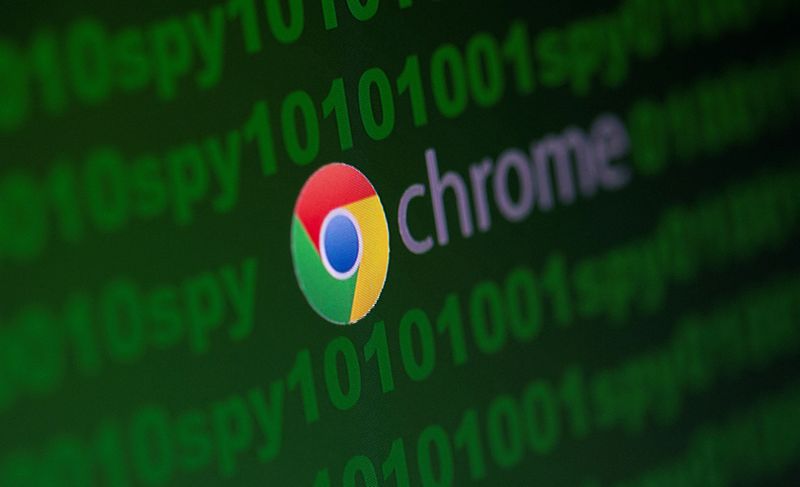
(Reuters) – U.S. prosecutors on Wednesday argued to a judge that Google must sell its Chrome browser, share data, and search results with rivals, and take a range of other measures to end its monopoly on online search.
The proposals are wide-ranging, including barring Google from re-entering the browser market for five years and insisting Google sell its Android mobile operating system if other remedies fail to restore competition.
Here are some of the demands that the U.S. Justice Department (DOJ) lawyers have made in the case:
DIVEST CHROME BROWSER
Google must promptly and fully divest its Chrome browser to a buyer approved by the U.S. government.
Google’s ownership of Chrome and the Android operating system poses a significant challenge to entrants and competitors, as they are the “key methods” for the distribution of search engines to consumers.
ANDROID OPERATING SYSTEM
Google may elect to fully divest Android to a buyer approved by the U.S. government. If Google chooses to retain control of Android but fails to comply with presented remedies, the government may petition the court to order the divesture of Android.
BROWSER OWNERSHIP
Google should be prohibited from owning a browser or having any investment in a search or search text ad rival, search distributor, or rival query-based AI product or ads technology for five years after the divestiture of Chrome.
GOOGLE SEARCH CONTRACTS
Google should be prohibited from making payments to third parties to make Google the default general search engine in their products, including ending exclusive agreements in which Google pays billions of dollars annually to Apple.
AGREEMENTS WITH PUBLISHERS
Google should not enter into a contract with a publisher to license data that provides the search engine giant with exclusivity to the publisher’s content.
GOOGLE SEARCH PREFERENCE
Google should not use any assets it owns or operates to give preference to its own search engine, search text ads, or AI products.
DATA SHARING
Google would be required under the proposals to license search results to competitors at nominal cost and share data it gathers from users with competitors for free. It would be barred from collecting any user data that it cannot share due to privacy concerns.
(Reporting by Shubham Kalia in Bengaluru; Editing by Miyoung Kim and Sonia Cheema)









